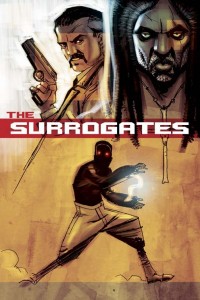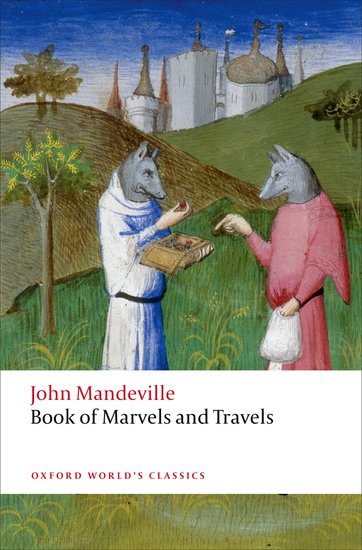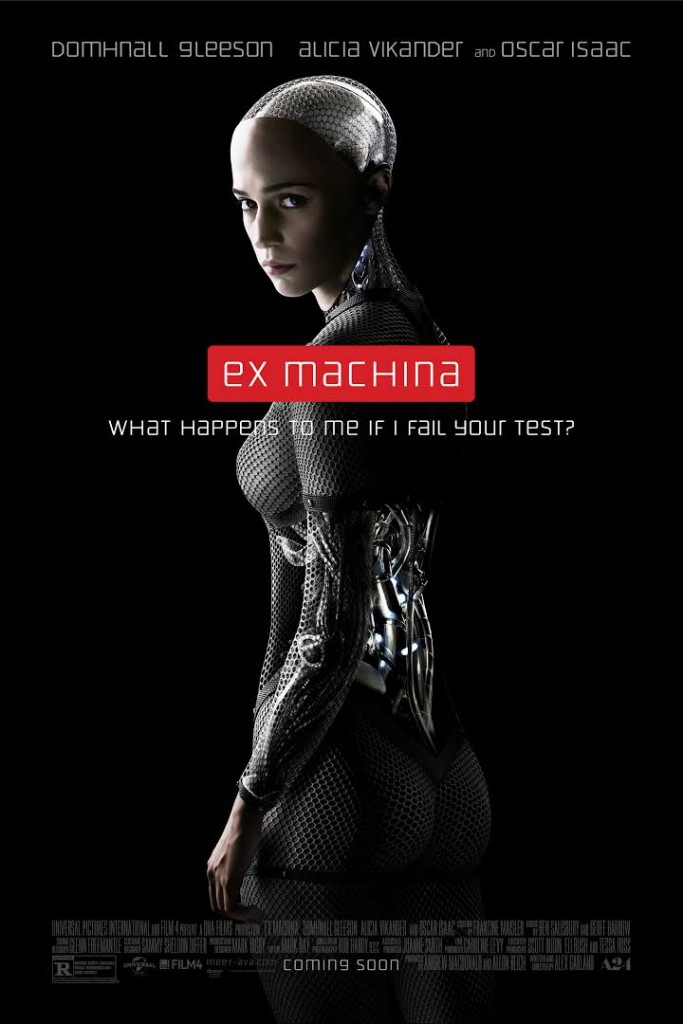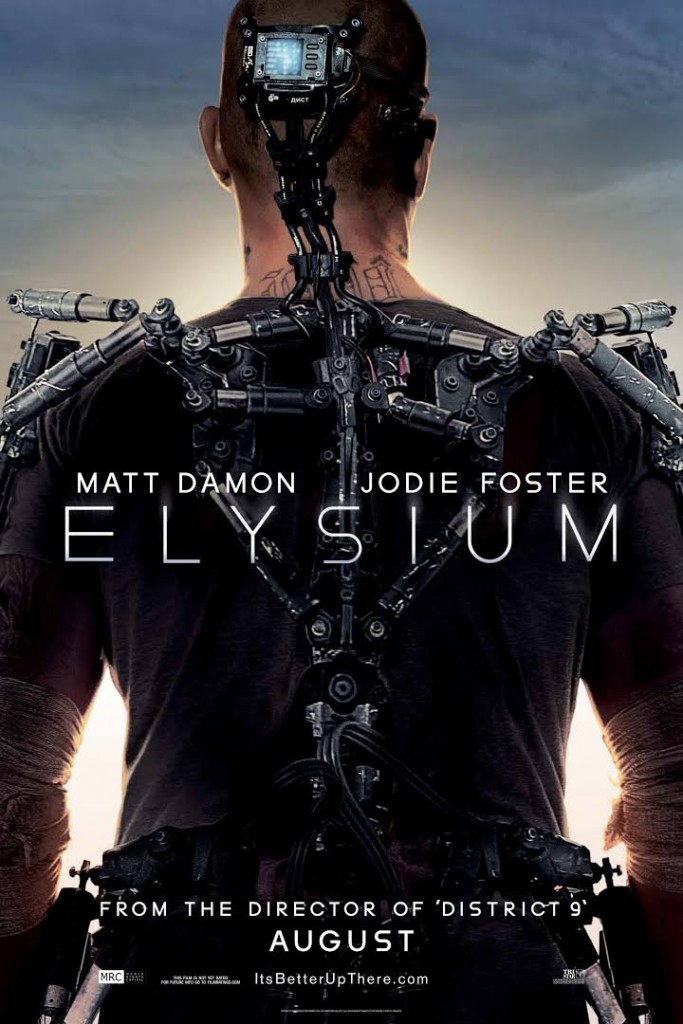ENGL 360.01: Future Perfect Human
Fall 2016
TR 12:15-1:30
MYBK 300
In this course we will investigate historically situated notions of “the human” and the set of attitudes and assumptions revealed and supported by different conceptions of “the human.” In the process, the course will engage with fundamental questions of temporality, pushing you to situate texts and views in dialogue across the usual divide of time and place. One aim is to challenge a facile and superficial sense of the “universality” of the human by pointing toward unexpected and suggestive moments and sites of exchange that generate more complex and provocative engagements with views from seemingly incompatible historical periods: the premodern and the postmodern.
The sources for this investigation will be imaginative texts from both eras, initially in terms of the liberal humanist construction of the human—which the premodern period pre-existed and against which the postmodern defines itself, but with which most people today are already (if uncritically) familiar. That critical engagement with “the human” as it continues to be conventionally understood will prepare you to read differently the medieval human and the postmodern human through the ways the nonhuman and the superhuman are defined and imagined in each era. The postmodern posthuman will be observed in the theoretical and popular engagements with it as revealed in a key site of debate, technoscience (particularly genetics and information technology). We will read theoretical discourse on both issues and will analyze films and fantastic literature (Moon, Minority Report, Battlestar Galactica, Ishiguro’s Never Let Me Go, Atwood’s Oryx and Crake, and others) where popular anxieties and fantasies about the posthuman—in its genetically refined and technologically enhanced form—appear. From the premodern period, we will look to Christian theology and its manifestations in popular religious belief (e.g. Margery Kempe), romance (such as the werewolf and other human-hybrids in the poetry of Marie de France), and travel narrative (Mandeville’s Travels). Here we will see examples of the extra-human that point to an understanding of the human as, generally, elevated through God’s earthly intervention in human form. Ultimately, we will consider how these conceptions of the non- and super-human influence our attitudes toward the human and, by extension, the humanities within the university—and what it says about and can offer to the contemporary (and future) human.
The class is discussion oriented, with the first section of the course devoted to developing theoretical frames for the encounters with the primary sources of both periods that will fill the majority of the semester. It is also a writing-intensive course, with regular informal written responses to the individual readings (considered in terms of the course’s larger thematic focus), and two extended written analyses that will bring together in a range of ways the themes of the course, pursuing in depth the responses at a given time and also across time.
Student Learning Outcomes:
- Students will acquire tools and strategies for analyzing how ideas are represented, interpreted and valued in imaginative texts of the late Middle Ages in England, and in the late 20th-21st centuries in North America and the UK.
- Students will practice skills reading contemporary critical and theoretical writing important to the discipline.
- Students will deploy these skills to analyze literary texts in relation to pertinent cultural and historical views of late medieval England and contemporary North America and the UK.
- Students will gain experience expressing their analyses in writing, both formal and informal. This will include writing generated through an individual sustained research project.
General Education Student Learning Outcomes, Humanities:
1. Students analyze how ideas are represented, interpreted or valued in various expressions of human culture.
2. Students examine relevant primary source materials as understood by the humanities area under study and interpret the material in writing assignments.
These outcomes will be assessed using the Extended Researched Assignment.
Books: Available at the bookstore. (You are welcome to purchase yours through an online retailer. I highly recommend Powell’s Books, where you can purchase used copies easily.)
Margaret Atwood. Oryx and Crake.NY: Anchor, 2004.
Elaine Graham. Representations of the Post/Human: Monsters, Aliens and Others in Popular Culture. New Brunswick, NJ: Rutgers UP, 2002.
Kazuo Ishiguro. Never Let Me Go. NY: Random House, 2006.
Robert Venditti. The Surrogates. Top Shelf Productions, 2009.
Marge Piercy. He, She, and It. NY: Random House, 1993.
Marie de France. Poetry. Trans. and ed. Dorthy Gilbert. Norton Critical Editions. NY: Norton, 2016.
Margery Kempe. The Book of Margery Kempe. Trans. and ed. Anthony Bale.Oxford World’s Classics series. Oxford: Oxford UP, 2015.
John Mandeville. The Book of Marvels and Travels.Trans. and ed. Anthony Bale. Oxford World’s Classics series. Oxford: Oxford UP, 2012.
Becky Chambers. The Long Way to a Small, Angry Planet. NY: Harper Collins, 2016.
Movies and TV programs: DVDs of movies/TV shows will be available for viewing in Addlestone Library.
Moon (2009)
Minority Report (2002)
Ex Machina (2015)
Elysium (2013)
Limitless (2011)
Battlestar Galactica (2004-09)
[streaming on Hulu]















